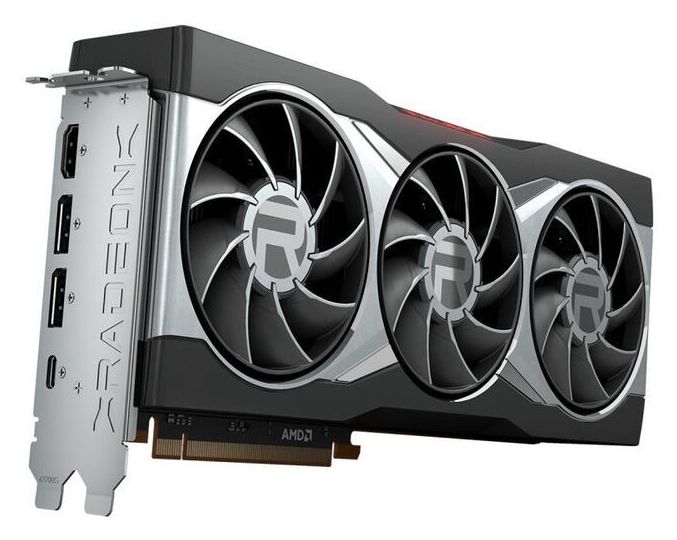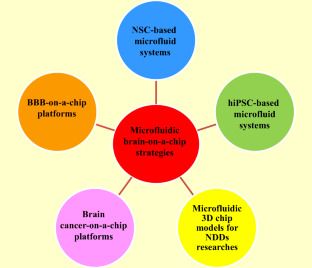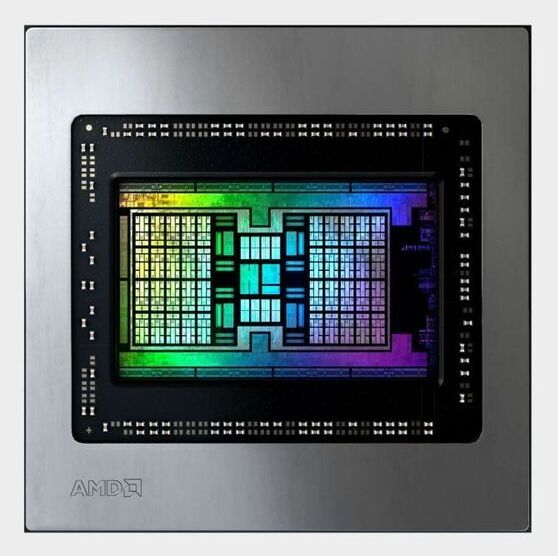Archive for the ‘computing’ category: Page 514
Nov 25, 2020
Physicists Successfully Modify a Semiconductor to Create a Superconductor
Posted by Genevieve Klien in categories: computing, mobile phones, physics
Three physicists in the Department of Physics and Astronomy at the University of Tennessee, Knoxville, together with their colleagues from the Southern University of Science and Technology and Sun Yat-sen University in China, have successfully modified a semiconductor to create a superconductor.
Professor and Department Head Hanno Weitering, Associate Professor Steve Johnston, and PhD candidate Tyler Smith were part of the team that made the breakthrough in fundamental research, which may lead to unforeseen advancements in technology.
Semiconductors are electrical insulators but conduct electrical currents under special circumstances. They are an essential component in many of the electronic circuits used in everyday items including mobile phones, digital cameras, televisions, and computers.
Nov 25, 2020
ASRock Reveals First AIB AMD Radeon RX 6900XT Graphics Card
Posted by Quinn Sena in category: computing
No surprises, except for the price.
ASRock is showing off its RX 6900XT graphics card, as the first manufacturer to do so.
Nov 23, 2020
Can a Computer Devise a Theory of Everything?
Posted by Genevieve Klien in categories: computing, physics
It might be possible, physicists say, but not anytime soon. And there’s no guarantee that we humans will understand the result.
Nov 23, 2020
Upcoming Video Game Will Generate New Levels Using Qiskit and a Quantum Simulator
Posted by Quinn Sena in categories: computing, entertainment, quantum physics

By Christopher Sciacca
The first video games debuted in the1950s, later reaching mainstream popularity in the 1970s and 80s with arcades and home video systems like Atari and Commodore 64. Remember SpaceWar! and Pong? While limited by the capabilities of the hardware, they laid the foundation for the games we develop and play today, which by 2025 is expected to be a whopping $256 billion industry.
Nov 23, 2020
Microfluidic Brain-on-a-Chip: Perspectives for Mimicking Neural System Disorders
Posted by Quinn Sena in categories: biotech/medical, chemistry, computing, neuroscience
Neurodegenerative diseases (NDDs) include more than 600 types of nervous system disorders in humans that impact tens of millions of people worldwide. Estimates by the World Health Organization (WHO) suggest NDDs will increase by nearly 50% by 2030. Hence, development of advanced models for research on NDDs is needed to explore new therapeutic strategies and explore the pathogenesis of these disorders. Different approaches have been deployed in order to investigate nervous system disorders, including two-and three-dimensional (2D and 3D) cell cultures and animal models. However, these models have limitations, such as lacking cellular tension, fluid shear stress, and compression analysis; thus, studying the biochemical effects of therapeutic molecules on the biophysiological interactions of cells, tissues, and organs is problematic. The microfluidic “organ-on-a-chip” is an inexpensive and rapid analytical technology to create an effective tool for manipulation, monitoring, and assessment of cells, and investigating drug discovery, which enables the culture of various cells in a small amount of fluid (10−9 to 10−18 L). Thus, these chips have the ability to overcome the mentioned restrictions of 2D and 3D cell cultures, as well as animal models. Stem cells (SCs), particularly neural stem cells (NSCs), induced pluripotent stem cells (iPSCs), and embryonic stem cells (ESCs) have the capability to give rise to various neural system cells. Hence, microfluidic organ-on-a-chip and SCs can be used as potential research tools to study the treatment of central nervous system (CNS) and peripheral nervous system (PNS) disorders. Accordingly, in the present review, we discuss the latest progress in microfluidic brain-on-a-chip as a powerful and advanced technology that can be used in basic studies to investigate normal and abnormal functions of the nervous system.
Nov 23, 2020
World’s biggest computer chip can simulate the future ‘faster than the laws of physics’, creators claim
Posted by Carse Peel in categories: computing, physics
Trillion-transistor chip can run real-world simulations with over a million variables faster than real-time.
Nov 23, 2020
Meet 10 Companies Working On Reading Your Thoughts (And Even Those Of Your Pets)
Posted by Brent Ellman in categories: computing, neuroscience

Are brain-computer interfaces the next way we will communicate with machines and even with one another? Here are 10 companies working on decoding our thoughts.
Nov 23, 2020
Canadian musician Angie C just used a brainwave-reader to play the monster analogue synth TONTO with her mind
Posted by Brent Ellman in category: computing

Coombes described the process to CBC’s Calgary Eyeopener podcast. Her thoughts would be processed by headset via a computer, and then converted to voltages before being assigned to a parameter on the synth.
Thinking about images and questions that stimulated more brainwave activity yielded more dramatic results — even thinking about the word “why” had an effect on volume and pitch.
Nov 22, 2020
AMD’s Infinity Cache is the MVP of the RX 6000-series, and it’s only going to get better
Posted by Quinn Sena in categories: computing, futurism
There is the potential for benefits from providing more direct controls.
“The important thing to realise here is that, when you’re bringing a new technology like this to the market, it’s very, very important that it’s as transparent as possible to developers initially, right?” Pomianowski says. “You can’t bring something like this to the market, that’s a departure from the traditional memory subsystem on the GPU, and have a high barrier of entry to the developers where they have to programme in a particular way to get benefit from it.”
But what if a developer did program specifically for Infinity Cache? That’s a question raised during an AMD roundtable discussion ahead of the RX 6800 XT and RX 6800 release date, and AMD is quietly optimistic for future performance if a developer were to team up with the red team for a little more juice.













